This will lead to memory leak:
int var = *new int(5);
This will not (if later freed):
int* var = new int(5);
Question: Will this lead to memory leak?
int& var = *new int(5);
Yes, I should use smart pointers instead but that is not the question :)
